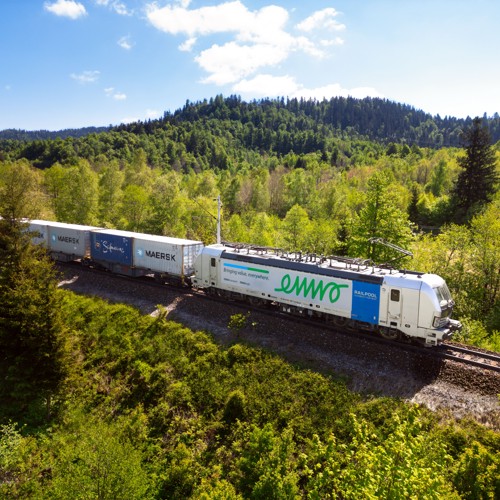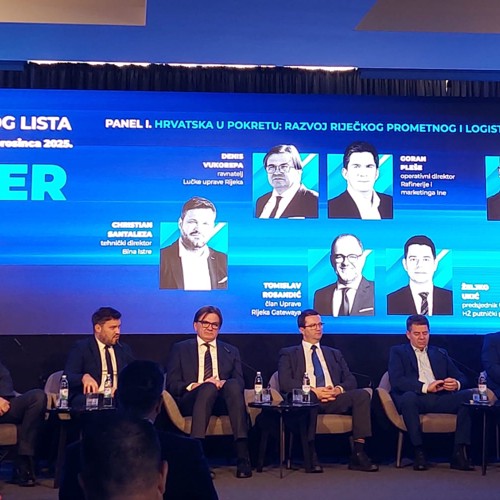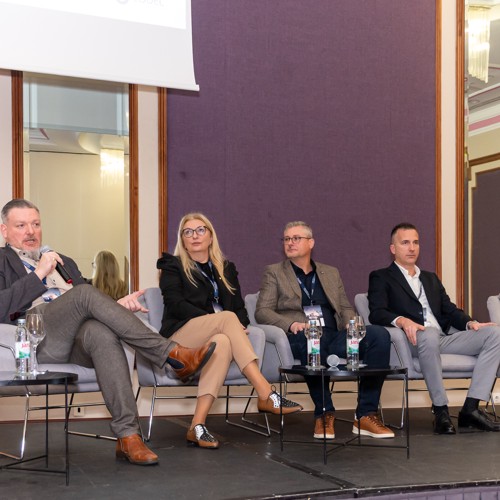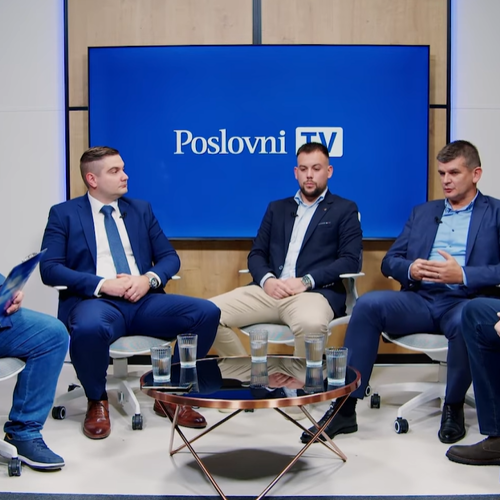Leon Dolušić at the Transport and Logistics conference
Modern rail infrastructure is key to advancing transport
Date publishedNovember 21, 2025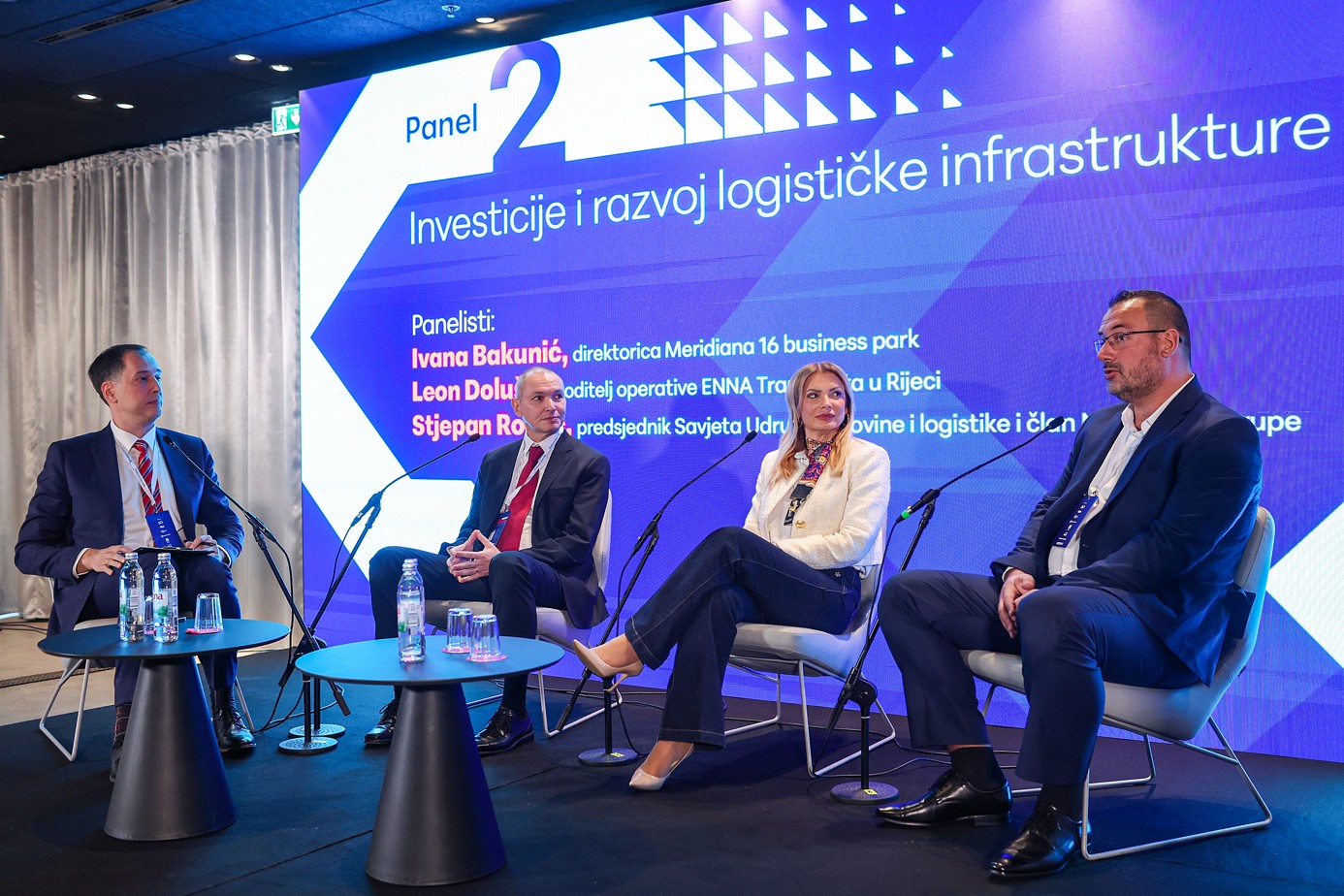
Leon Dolušić, Head of Operations at ENNA Transport, took part in the “Transport and Logistics” conference organized by Poslovni dnevnik. The conference was held in Zagreb on Thursday, 20 November 2025.
In the panel discussion “Investments and the Development of Logistics Infrastructure,” the conversation began with the topic of Croatia’s geostrategic position and the question of whether Croatia is a transit or a logistics country. Dolušić stated that he believes Croatia is still a transit country, but that we are on a good path toward becoming a logistics nation. “The terminal already operating in Rijeka is practically the only entry point, where we will not only be involved in the transit of goods from certain Eastern countries to the West, but we will also be supplying our current markets and opening new positions in Western and Central Europe. Therefore, I believe that with additional investments and with government support in developing infrastructure and regulating the system, we could certainly become a logistics country.”
Alongside Dolušić, the panel also included Ivana Bakunić, Director of Meridian 16 Business Park, and Stjepan Roglić, President of the Trade and Logistics Association Council and member of the Supervisory Board of Orbico Group, who agreed that Croatia is on the right path to becoming a logistics nation.
“What we are critically lacking is rail. Infrastructure is essential if we want to create intermodal terminals. The Rijeka Gateway is an excellent project, but without rail it will not fully realize its potential,” added Bakunić.
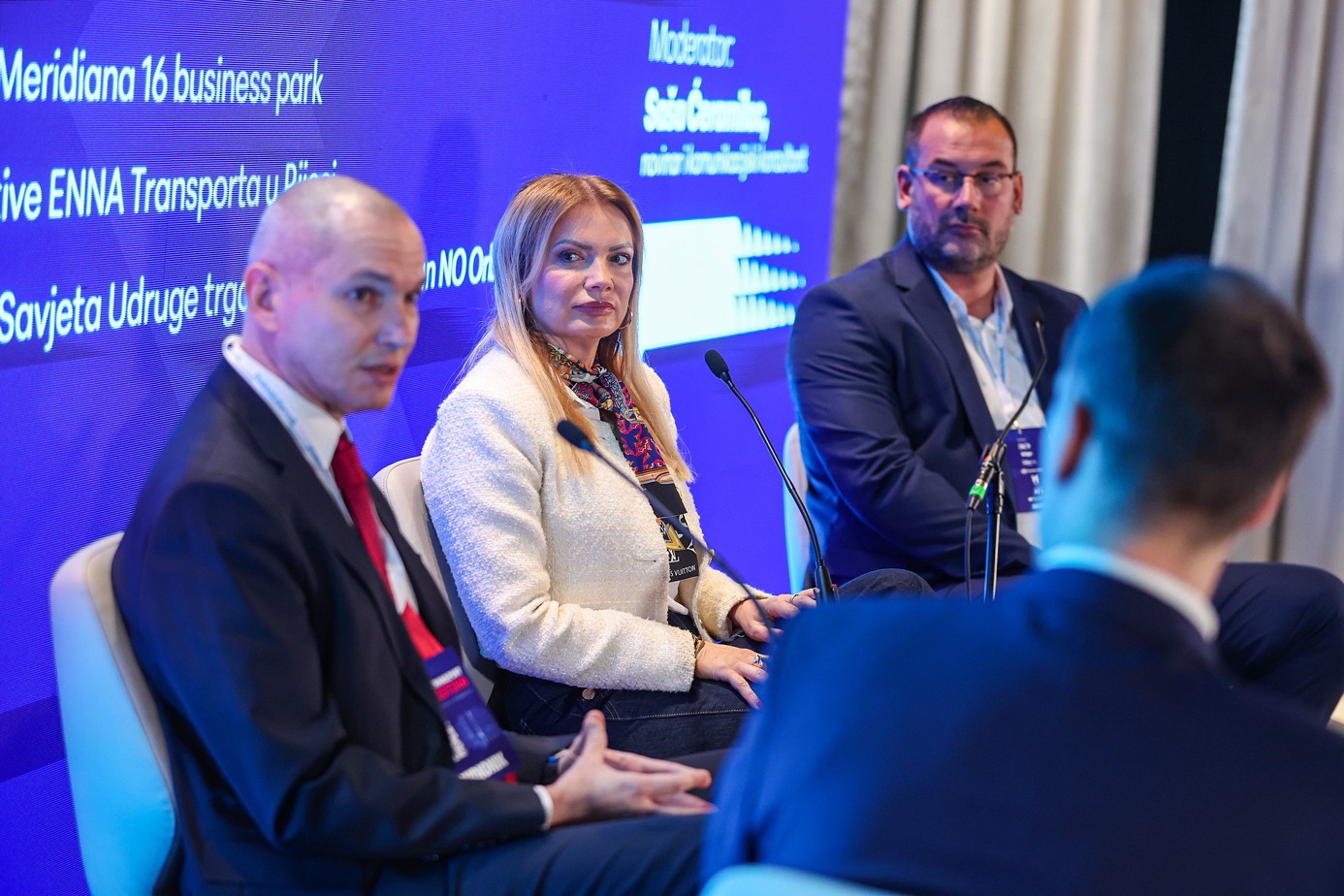
When discussing future plans, the topic of good and high-quality infrastructure is unavoidable. In this case, the lowland railway is one of the key elements of infrastructural development for the future.
“It has been discussed since the 1970s, and it still hasn’t materialized. We have now reached a point where the state should no longer have excuses for why the lowland railway has not been built. We have come to the point where the state, both as the owner of this future infrastructure and as a regulator, must respond to what is happening in the market. We need to create the conditions to be competitive; otherwise, all investments coming from private actors will be in vain because competitors from the Northern Adriatic will simply overtake us, and the goods will go where they can be delivered faster, better, safer, and with higher quality,” said Dolušić on the importance of the lowland railway.
In addition to high-quality infrastructure, cooperation between the public and private sectors and recognition of good investments are essential.
“One of the key reasons for new investments in Croatia is the fact that we are an EU member state, we joined Schengen, and we became part of a developed club that will enable growth not only for Croatia but also for the countries connected with Croatia,” emphasized Stjepan Roglić, who believes that in cooperation with Slovenia and Italy, we can also capture part of the traffic that currently goes to Northern Europe.
Leon Dolušić agreed, but stressed that the state must recognize strategic investments and help investors address and remove obstacles that slow down projects and investments.
“The state is here to recognize investment, and there are investments now and there will be more in the future. When investments of 20 or 100 million euros are coming in, it is unacceptable for something to take 10 years. The state and local authorities must react immediately.”
At the end of the discussion, participants agreed that Croatia can and has the potential to become a logistics leader in this part of Europe, but all necessary preconditions must be met — the most important of which is high-quality infrastructure.
Photo: Goran Stanzl/PIXSELL
